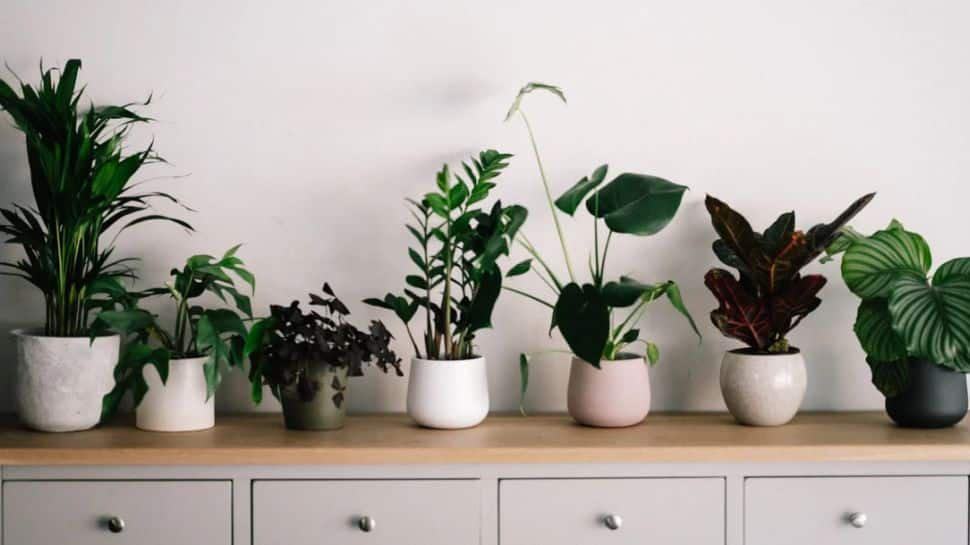Keeping the air inside our homes clean is important for our health. While air purifiers can do a good job, we also have a natural option at our fingertips: indoor plants. Not only do they look lovely, but they can also help to clear the air by getting rid of harmful substances and adding oxygen.
Here are seven of the best plants to think about for your home or office:
1. Spider Plant
Spider plants are super easy to care for and do wonders for indoor air. They are great at taking out toxins like formaldehyde and xylene. These plants do well in indirect sunlight and can handle different conditions, making them ideal if you’re just starting out with plants.
Care Tip: Water them regularly but let the soil dry out a bit in between to keep the roots healthy.
2. Peace Lily (Spathiphyllum)
Peace lilies are famous for their air-cleansing abilities, effectively getting rid of chemicals like ammonia, benzene, and formaldehyde. Their beautiful white flowers bring a touch of class to any room. Plus, peace lilies help keep humidity levels in check, making them perfect for drier spaces.
Care Tip: They like moderate to low light and need consistent watering, so keep the soil moist but not soaked.
3. Aloe Vera (Aloe barbadensis miller)
Aloe vera is a beloved succulent known for its many health perks, including cleaning the air. It’s particularly good at taking out formaldehyde and benzene. The gel inside its leaves is also great for soothing skin burns and wounds.
Care Tip: Place it in bright, indirect sunlight and water sparingly. Make sure the soil dries out completely between waterings.
4. Snake Plant (Sansevieria trifasciata)
Commonly called mother-in-law’s tongue, the snake plant is a tough, easy-to-care-for choice that does well just about anywhere. It helps remove formaldehyde, benzene, and trichloroethylene from the air. What’s cool about the snake plant is that it purifies the air even at night, unlike most plants which only do it during the day.
Care Tip: It prefers indirect light but can handle low-light situations. Only water it when the soil is fully dry to prevent overwatering.
5. Boston Fern (Nephrolepis exaltata)
Boston ferns are fantastic at cleaning the air, especially when it comes to formaldehyde and xylene. Their lush greenery makes them perfect for bathrooms or any humid space since they thrive in moisture. They not only filter pollutants but also bring beauty to your home.
Care Tip: Keep the soil moist and place the fern in a spot with indirect light and high humidity.
6. Areca Palm
Areca palms, often called butterfly palms, are great for removing toxins like formaldehyde, xylene, and toluene. Besides purifying the air, they boost humidity levels in rooms, making them excellent for drier environments. Their feathery fronds add a tropical vibe to any area.
Care Tip: Provide bright, indirect light and water regularly, letting the top inch of soil dry out between waterings.
7. English Ivy (Hedera helix)
English ivy is a fast-growing, adaptable plant that can clear various airborne toxins like formaldehyde, benzene, and trichloroethylene. It looks wonderful in hanging baskets or trailing down shelves, bringing a touch of nature indoors while helping to purify the air.
Care Tip: It thrives in moderate light and enjoys evenly moist soil. English ivy does well in cooler indoor temperatures and can handle a little neglect when it comes to watering.
Adding indoor plants to your home or workspace is a simple and effective way to clean the air and support your health. Whether you’re new to gardening or have some experience, these seven air-purifying plants are easy to manage and can greatly improve your indoor air quality.
(This article is meant for informational purposes only and must not be considered a substitute for advice provided by qualified medical professionals.)















































